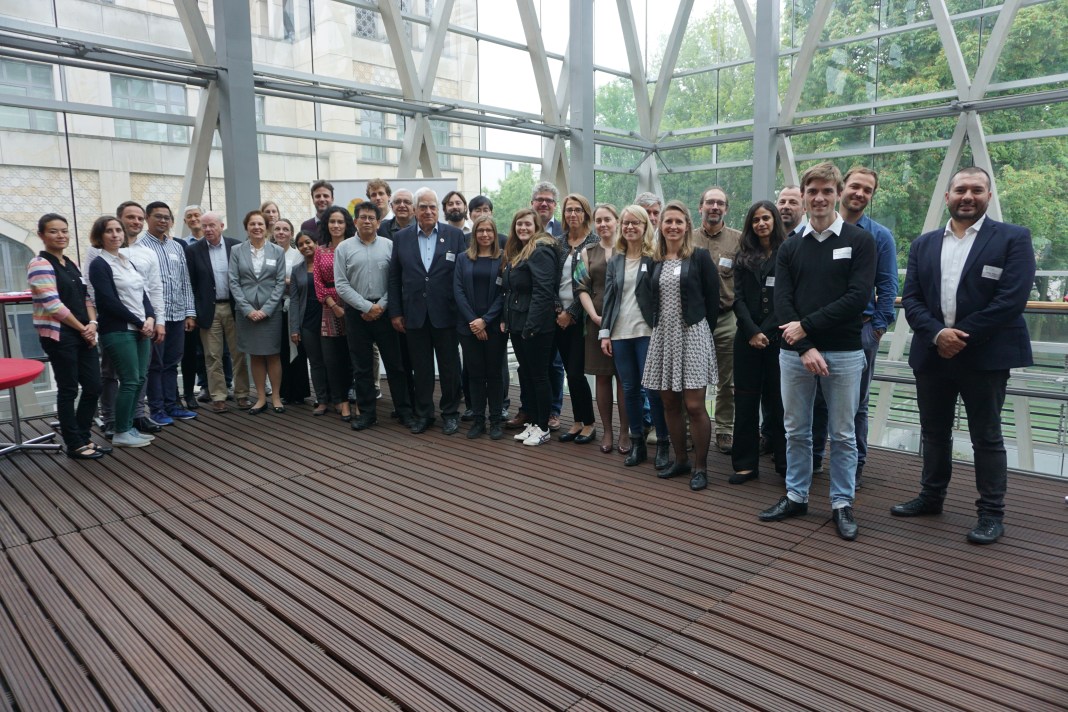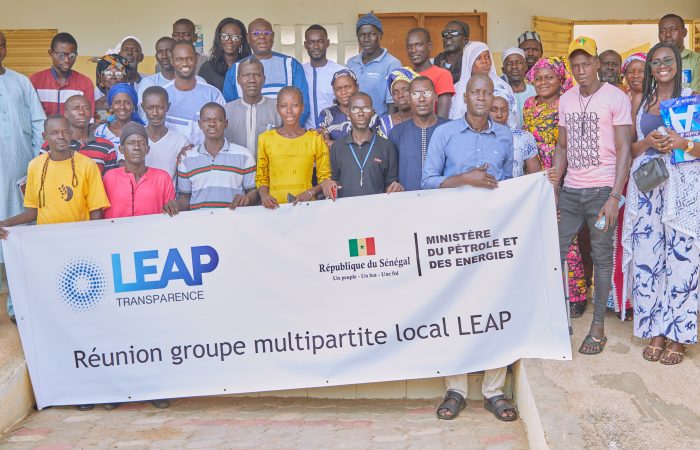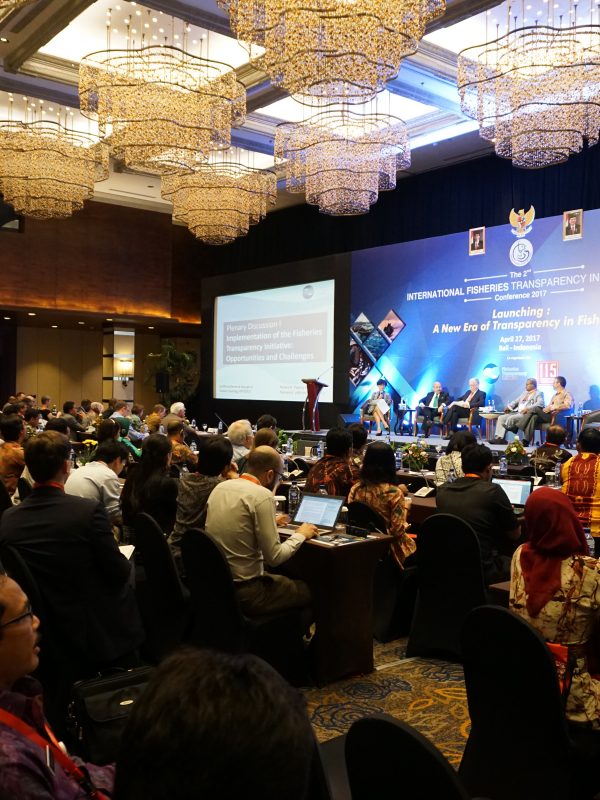Multi-actor networks are partnerships of actors from governments, business, civil society and academia at the national or international level to address challenges that require collaboration among the relevant stakeholders. The networks are characterized by a certain degree of institutionalization.
Contact: Sebastian Wegner
With the adoption of the 2030 Agenda and the proclamation of the 17 Sustainable Development Goals (SDGs), the United Nations is pointing to the high level of global social and interdisciplinary complexity as well as the acute need for action. Development goal 17 – "Strengthen means of implementation and breathe new life into the Global Partnership for Sustainable Development" – underlines the importance of increased cooperation.
Partnerships between different actors at national and international level play an important role here. With their help, challenges can be addressed that cannot be solved by one actor alone. Cooperation improves problem-solving capacities and the legitimacy of national and transnational governance. The focus is on common good-oriented solutions to a societal challenge.


Cooperation here can be characterized by a varying degree of involvement of actors from different groups (government, business, civil society, and academia) and by a certain degree of institutionalization. This should enable all actors involved to participate and contribute to the solution on an equal footing.
Knowledge networks are mainly used to share and disseminate knowledge and insights on a specific topic and to provide non-state policy advice. In this process, different sources of knowledge from practitioners, civil society, businesses and government institutions – usually from different countries – come together to pool expertise and advance knowledge.
Standardization networks strive for voluntary standards in areas where there are no binding or only insufficient regulations. Examples are certifications, codes of conduct, but also transparent publications of information in a specific area.
Action networks are focused on the implementation of projects. Some networks deal, for example, with the financing of projects or the setting of improved framework conditions, while others specialize in the implementation of training courses in specific subject areas.
With our long experience on multi-actor networks, we contribute to the different phases of such networks on a national and international level.
We start multi-actor networks ourselves to initiate necessary changes. In doing so, we attach importance to a holistic approach that is adapted to the objective. Topics such as identification and involvement of relevant actors, governance, internal collaboration and external communication are at the core of successful networks or partnerships.
Based on our experience, we offer advice to other networks and partnerships on strategy, collaboration and governance, and evaluation.
